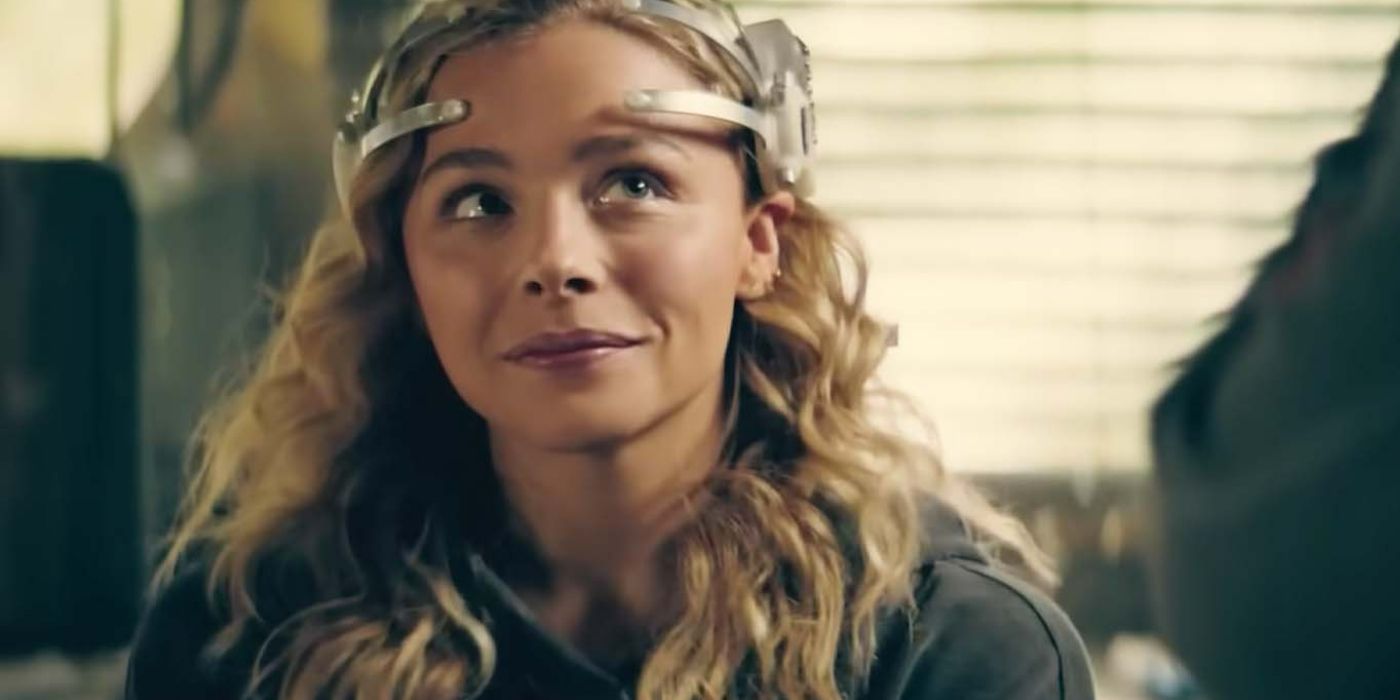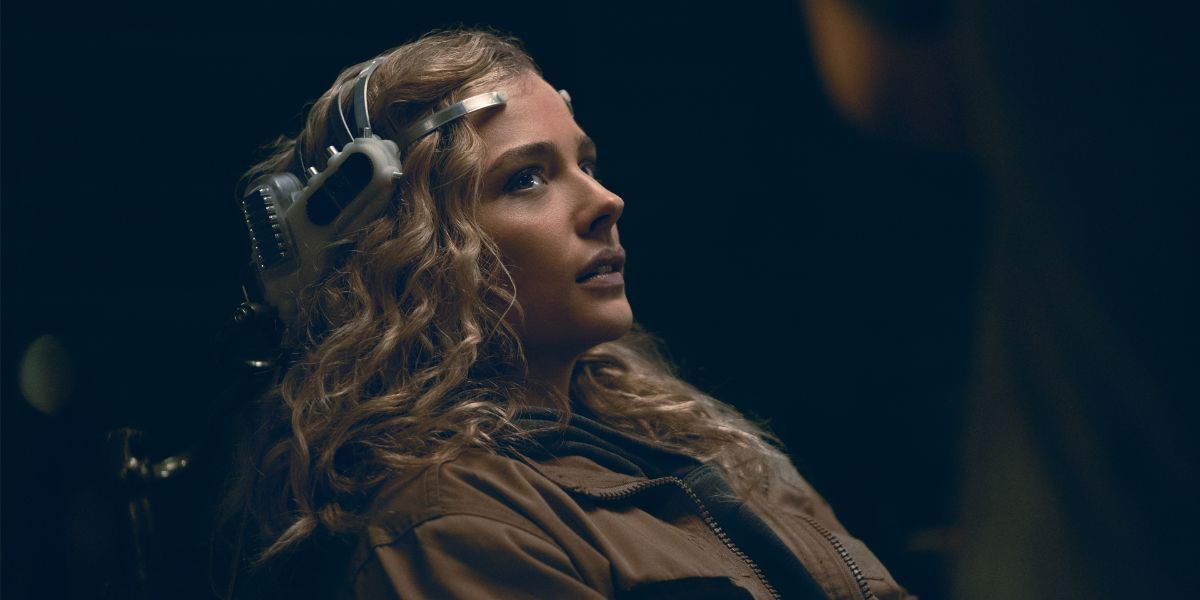When The Peripheral debuted in 2022, it drew instant acclaim for a number of reasons – from its intricate web of overlapping narratives and mind-bending tech concepts to the captivating central performance of Chloë Grace Moretz as Flynne Fisher. Blending high-concept science fiction with personal drama, the series immediately carved out a devoted fanbase.
Despite its success – evidenced by an admirable 79% Rotten Tomatoes score – The Peripheral was canceled in 2023 amid the WGA and SAG-AFTRA strikes. The announcement was a blow to fans who had just seen season 1 ramp up its stakes, with the finale hinting at an expansive multi-season narrative that could have rivaled the most ambitious sci-fi stories on television.
Amazon Prime Video’s decision to axe The Peripheral was, unfortunately, just the latest example of a growing problem. In recent years, countless promising sci-fi and fantasy shows have been cut short before they could fulfill their potential. The Peripheral deserved far better – and it’s another reminder that this trend isn’t slowing down.
The Peripheral Was A Promising Prime Video Sci-Fi Show
Season 1 Of The Peripheral Ended With Massive Potential For Future Storytelling
Based on William Gibson’s novel, The Peripheral followed Flynne Fisher, a young woman in a near-future America who becomes entangled in a reality-bending conspiracy after using a VR-like headset to inhabit an alternate future. As Flynne navigated dangerous alliances and shadowy enemies, the show skillfully blended speculative technology with grounded, emotional stakes.
While the premise was intriguing from episode one, it was The Peripheral’s season 1 finale that truly set the stage for greatness. Without spoiling every twist, the ending expanded the scope of the conflict, promising higher stakes, broader worldbuilding, and more morally complex battles between its key factions.
The Peripheral characters like Burton Fisher (Jack Reynor), Wilf Netherton (Gary Carr), and Inspector Ainsley Lowbeer (Alexandra Billings) were positioned for deeper arcs, while the multiple timelines teased storylines that could have unraveled over years. The setup wasn’t just good – it was the kind of foundation that could support an epic, layered narrative.
The frustrating part? Viewers never got to see the payoff. With the cancellation, all the intricate seeds planted in season 1 will now remain unresolved, a rare case of a sci-fi show ending not because of creative decline, but in spite of creative momentum.
The Peripheral’s Premature Cancelation Continued A Streaming Problem
Streaming Services Keep Cutting Shows Off Before Their Stories Can Truly Unfold
One of the most frustrating aspects of modern TV is the premature cancellation trend among streaming services. The Peripheral joins a growing list of shows – including Warrior Nun, 1883, and Outer Range – that were axed right as their stories were hitting their stride.
These aren’t cases of series limping to the finish line. Many of them, like The Peripheral, were in the midst of building strong momentum. This makes the decision sting more, because fans had invested in the world, the characters, and the layered mysteries – only for the narrative to stop mid-build.
For streamers, the logic often comes down to algorithms, subscriber retention, and cost-to-viewer ratios. Unfortunately, this data-first approach tends to overlook the long-term cultural value a show can bring if allowed to develop. In many cases, the decision to cancel is made before the show has even had time to find its full audience.
In The Peripheral’s case, it’s even more disappointing because its ending clearly demonstrated there was a bigger story worth telling. Canceling it mid-rise not only frustrated fans but also contributed to the growing perception that investing in new streaming shows is a gamble with little payoff.
Sci-Fi And Fantasy Shows Should Be Given More Time To Find An Audience
Genre Shows Often Need Multiple Seasons To Reach Their Full Potential
All TV genres benefit from time to grow, but sci-fi and fantasy need it the most. Their complex worlds, elaborate lore, and often high-budget visuals require a longer runway to hook audiences. The Peripheral is a perfect example of a show that was just starting to come into its own before being cut short.
This is why long-running hits like The Expanse, Stranger Things, and Game of Thrones became so beloved – they were given the breathing room to evolve. Season 1 wasn’t their peak; it was their launchpad. Audiences need time to invest, understand the rules of the world, and form emotional connections with the characters.
Canceling sci-fi shows too soon wastes that potential. The Peripheral could have built a layered, multi-timeline epic with impactful character arcs, social commentary, and thrilling twists. Instead, its premature ending is a case study in how this genre is uniquely disadvantaged in the current streaming landscape.
Given the right conditions, The Peripheral could have been one of Prime Video’s flagship shows. Instead, it’s now another name on the growing list of genre series that never got the chance to become the classics they could have been.





